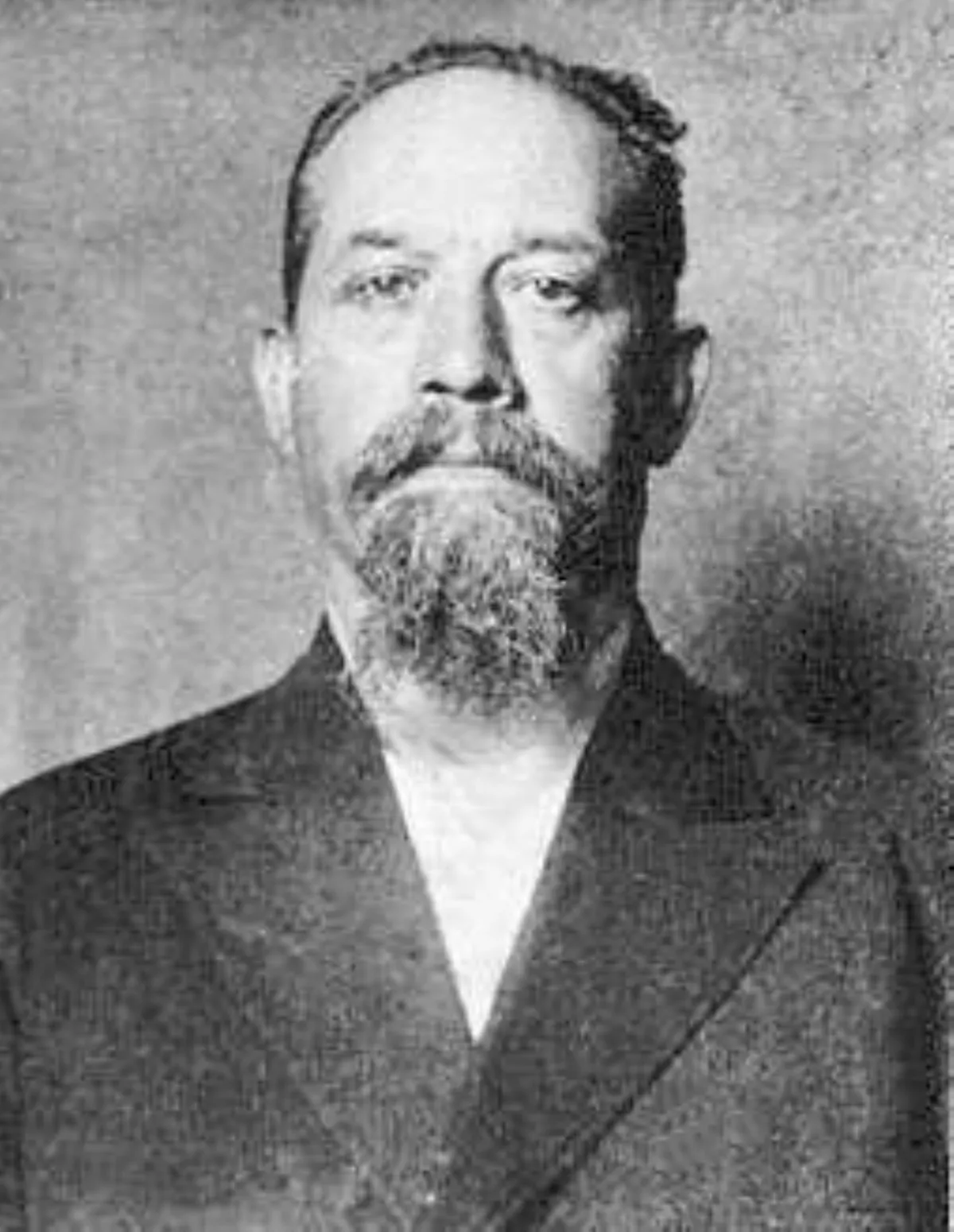 1.
1. Luigi Galleani subsequently moved to Vermont and Massachusetts, where he launched the radical newspaper Cronaca Sovversiva.

 1.
1. Luigi Galleani subsequently moved to Vermont and Massachusetts, where he launched the radical newspaper Cronaca Sovversiva.
Luigi Galleani gained many dedicated followers among Italian American anarchists, known as the Galleanisti, who carried out a series of bombing attacks throughout the United States.
Luigi Galleani rejected reformism, in favor of "continuous attack" against institutions of capitalism and the state, and opposed any form of formal organization, which he saw as inherently corrupting and hierarchical.
Luigi Galleani was born on 12 August 1861, into a middle-class family, in the Piedmontese city of Vercelli.
Luigi Galleani first became interested in anarchism while studying law at the University of Turin, eventually renouncing his career in law in order to carry out anarchist propaganda against capitalism and the state.
In 1887, Galleani led the Piedmontese anarchist movement's reorientation towards the labor movement and its rapprochement with the POI.
Nevertheless, Luigi Galleani continued to pursue the anarchist infiltration of the POI, in order to attempt to bring it towards revolutionary socialism.
Luigi Galleani continued to advocate for a conciliatory approach between the reformists and revolutionaries, resulting in the POI both continuing its electoral participation while endorsing class conflict.
Luigi Galleani was scheduled to attend the Italian anarchist movement's Capolago congress, but en route to the congress from Geneva, he was arrested by the Swiss authorities and expelled back to Italy.
In 1892, together with Pietro Gori and Calabrese anarchist Giovanni Domanico, Luigi Galleani was delegated to represent the anarchists at the Genoa Workers' Congress, with the intention of obstructing the motions of the dominant reformist faction.
Luigi Galleani himself was swiftly arrested, convicted for conspiracy, and exiled to the Sicilian island of Pantelleria.
Luigi and Maria Galleani had four children of their own.
Luigi Galleani settled in Paterson, New Jersey, a hub for Piedmontese immigrant silk weavers and dyers, where he took up editing the Italian anarchist newspaper La Questione Sociale.
Luigi Galleani became a vocal supporter of the 1902 Paterson silk strike, giving a series of speeches in which he called for a revolutionary general strike to overthrow capitalism.
Luigi Galleani escaped to Canada and recovered from his wounds, before covertly returning over the border and hiding out in Barre, Vermont, where he stayed with Tuscan stonemasons from Carrara.
Luigi Galleani translated and published the memoirs of Clement Duval, a French illegalist who he admired and who his associates had hidden after his escape from a French penal colony to the United States.
Luigi Galleani returned to Barre, where he resumed giving fiery speeches and writing hundreds of articles for his newspaper, quickly becoming a leading voice in the Italian American anarchist movement.
In late 1907, in response to Neapolitan socialist Francesco Saverio Merlino's public renunciation of anarchism in favour of reformist labor unionism, Luigi Galleani published a series of articles in defense of anarchism.
On 17 June 1917, federal agents raided the offices of the Cronaca Sovversiva in Lynn, Massachusetts, arresting Luigi Galleani and shutting down the newspaper.
Luigi Galleani attempted to continue publishing Cronaca Sovversiva upon arrival in Turin, but it was quickly suppressed by the Italian authorities.
Luigi Galleani spent time in the cell he had been kept in for months in 1892, before being banished to Lipari and later Messina, where he was imprisoned for 6 months.
Luigi Galleani retired to Caprigliola, a 'frazione' of Aulla, where he was kept under close and constant surveillance.
Luigi Galleani defended the principles of revolutionary spontaneity, autonomy, diversity, self-determination and direct action, and advocated for the violent overthrow of the state and capitalism through propaganda of the deed.
Luigi Galleani rejected all forms of formal organization, including anarchist federations and labor unions, and opposed participating in the labor movement, as he believed it was inherently reformist and susceptible to corruption.
Luigi Galleani defended both the assassination of William McKinley by Leon Czolgosz and the assassination of Umberto I of Italy by Gaetano Bresci.